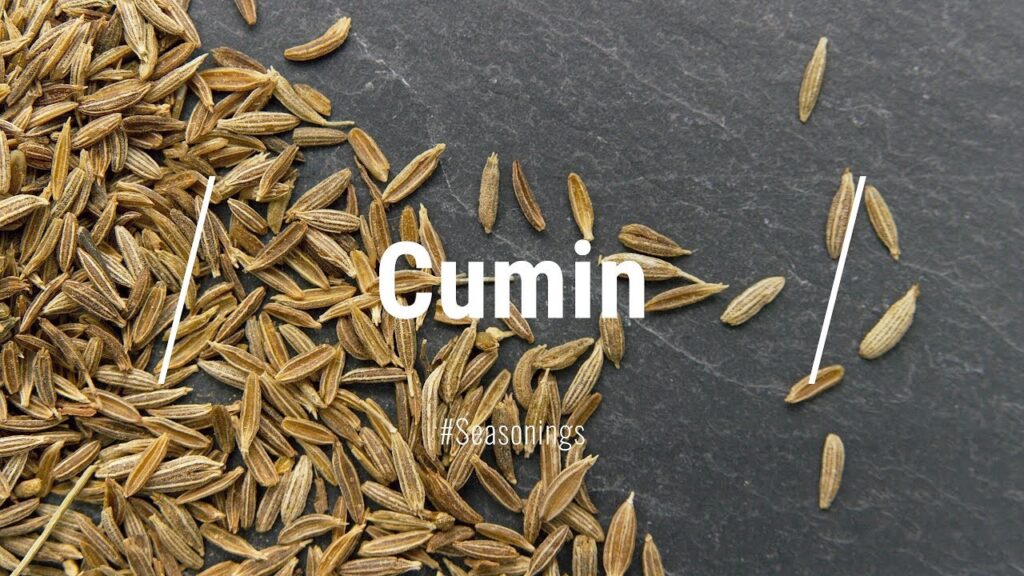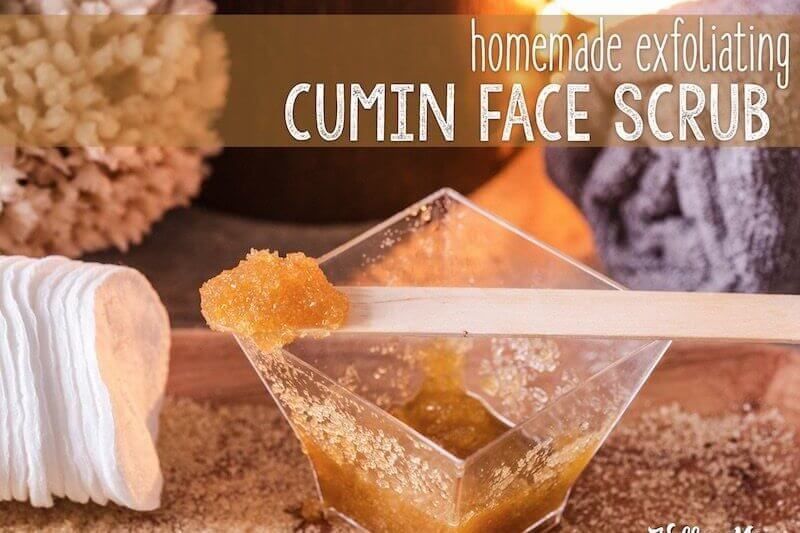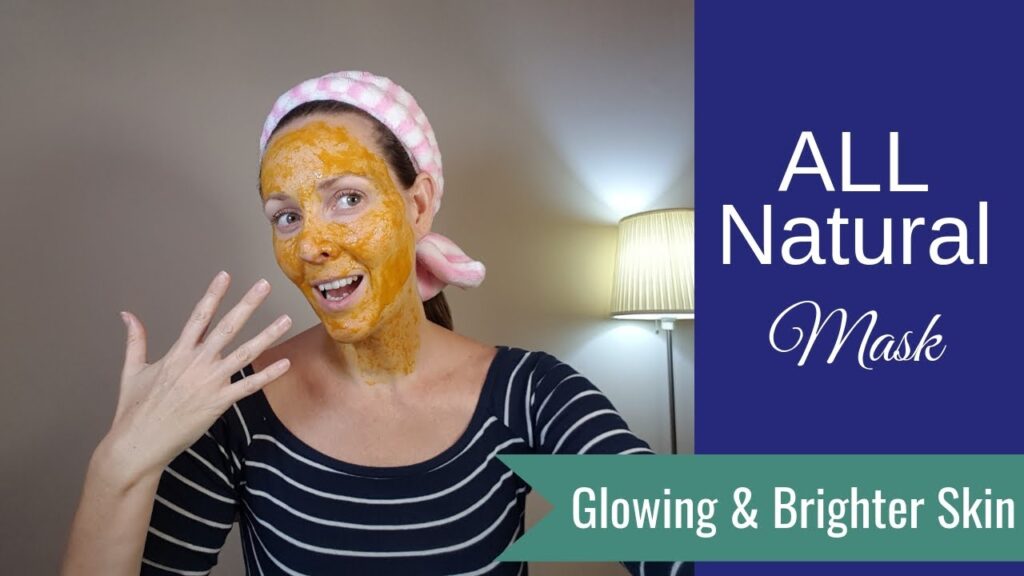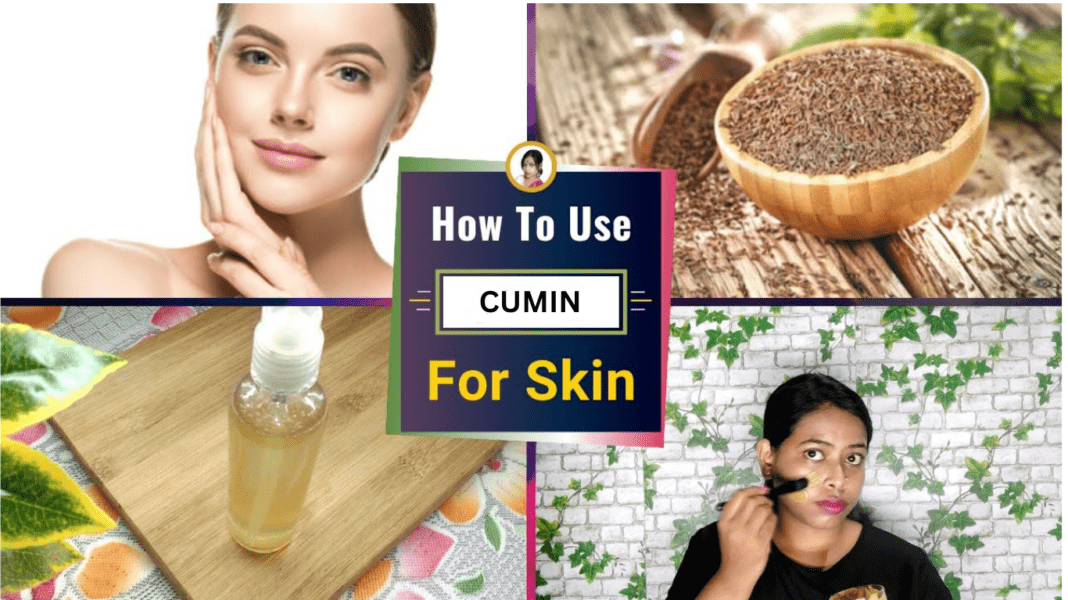Welcome to the world of cumin, a humble yet potent spice that has been cherished for centuries for its myriad benefits, especially for the skin. In this comprehensive guide, explore the rich history of cumin, explore its different types, and uncover its remarkable advantages for achieving a radiant, youthful cumin face. Cumin covers all your needs, whether you’re dealing with acne, inflammation, or simply seeking nourishment and rejuvenation.

What is Cumin?
Cumin, scientifically known as Cuminum cyminum, is a flowering plant native to the eastern Mediterranean region and southwest Asia. Cumin belongs to the Apiaceae family and people cultivate it for its aromatic seeds, which they widely use as a spice in various cuisines around the world.
History of Cumin
Cumin boasts a fascinating history that dates back to ancient times. It was highly prized by the ancient Egyptians, who used it in both culinary and medicinal preparations. The Romans and Greeks also revered cumin for its flavor-enhancing properties and believed it to possess magical properties. Over the centuries, cumin has journeyed across continents, becoming an integral part of global cuisine and traditional medicine.
Types of Cumin
There are two primary types of cumin: black cumin (Nigella sativa) and regular cumin (Cuminum cyminum). While black cumin is smaller in size and darker in color, regular cumin is larger and lighter in color. Both varieties share similar flavor profiles but may have slightly different applications in culinary and medicinal practices.
Cumin for the Face: Unlocking Its Skin Benefits
Now, let’s explore how cumin seeds can work wonders for your face and skin, offering a natural and effective solution to various dermatological concerns.
Soothing Skin and Reducing Inflammation
Cumin paste, when combined with ingredients like yogurt, honey, or turmeric, can be applied as a soothing face mask.
Cumin seeds possess potent anti-inflammatory properties, making them ideal for soothing irritated skin and reducing redness and swelling. Whether you’re dealing with eczema, dermatitis, or sunburn, incorporating cumin into your skincare routine can provide much-needed relief and promote healing.
Banishing Acne and Blemishes
For targeted acne treatment, cumin essential oil can be diluted with a carrier oil and applied directly to blemishes.
Acne can be a persistent and frustrating skin issue for many individuals. Fortunately, cumin seeds contain antimicrobial compounds that help combat acne-causing bacteria and reduce the occurrence of breakouts. Additionally, their antioxidant properties aid in detoxifying the skin and preventing the formation of blemishes, leaving you with a clearer, smoother complexion.

Anti-aging Elixir for Youthful Skin
Cumin seed oil is rich in antioxidants and vitamins that nourish the skin and combat signs of aging. When used as a facial serum, it helps firm the skin, reduces the appearance of fine lines and wrinkles, and promotes a youthful complexion.
As we age, our skin undergoes various changes, including a loss of elasticity and the formation of fine lines and wrinkles. Cumin seeds are rich in antioxidants such as vitamin E, which help neutralize free radicals and protect the skin from premature aging. Regular use of cumin-infused skincare products can help firm and rejuvenate the skin, restoring its youthful vitality.
Nourishment and Hydration
Adding a few drops of cumin seed oil to your favorite facial moisturizer can boost its hydrating properties.
Proper hydration is essential for maintaining healthy, radiant skin. Cumin seeds are packed with essential nutrients and fatty acids that nourish and hydrate the skin from within. Whether consumed orally or applied topically, cumin can help lock in moisture, leaving your skin soft, supple, and glowing with vitality.
ALSO READ: Benefits of Castor Oil for Reducing Wrinkles
Targeting Skin Disorders and Boils
Cumin seeds possess antimicrobial and antifungal properties that make them effective in treating various skin disorders, including psoriasis, eczema, and fungal infections. Their healing properties help alleviate itching, redness, and discomfort, promoting faster healing and preventing recurrence. Additionally, cumin’s antibacterial properties make it an excellent remedy for boils and abscesses, helping to reduce inflammation and promote drainage.
Revitalizing Face Toners
Cumin-infused toners can be used to refresh and revitalize the skin after cleansing. Simply steep cumin seeds in hot water, allow the mixture to cool, then strain and transfer to a spray bottle. Spritz onto the face to tone, tighten pores and rejuvenate the skin.
Illuminating Face Serums
Create a luminous complexion by incorporating cumin seed oil into your nighttime skincare routine. Its brightening properties help even out skin tone, reduce dark spots, and impart a radiant glow, revealing a more youthful and luminous complexion.

DIY Face Mask Recipes
- Mix equal parts of cumin powder, honey, and yogurt to create a nourishing face mask.
- Combine ground cumin seeds with coconut oil and turmeric for a brightening and rejuvenating mask.
Cumin-Infused Skincare Products
Look for skincare products that contain cumin extract or oil, such as serums, moisturizers, and face masks. These products are formulated to deliver the benefits of cumin directly to your skin.
Conclusion
In conclusion, cumin seeds emerge as a true skincare powerhouse, offering a multitude of benefits for achieving radiant, healthy skin. From soothing inflammation to combating acne and signs of aging, cumin proves to be a versatile and effective ally in your quest for beauty and wellness. By harnessing the ancient wisdom of cumin, you can unlock the secrets to glowing, youthful skin naturally.
Bold If you’re ready to experience the transformative power of cumin for yourself, why not incorporate it into your skincare routine today? With its proven efficacy and gentle yet potent nature, cumin holds the key to unlocking your face and skin’s true potential.
FAQs (Frequently Asked Questions)
Q: Can cumin seeds be consumed directly for skin benefits?
A: Indeed, you can consume cumin seeds orally or apply them topically to reap their skin-nourishing benefits.
Incorporating them into your diet or using cumin-infused oils and creams can enhance skin health.
Q: Are there any side effects of using cumin seeds on the skin?
A: While cumin seeds are generally safe for topical use, some individuals may experience allergic reactions or skin irritation. It’s advisable to perform a patch test before using cumin-based products extensively.
Q: How often should I use cumin for skincare?
A: The frequency of cumin usage depends on individual skin type and concerns. It’s recommended to start with small amounts and gradually increase as needed. Consulting a dermatologist can provide personalized guidance.
Q: Can cumin help with dark spots and hyperpigmentation?
A: Yes, cumin seeds contain compounds that inhibit melanin production, making them effective in reducing dark spots and hyperpigmentation. Regular use can lead to a more even skin tone and brighter complexion.
Q: Can cumin seeds be combined with other ingredients for skincare?
A: Absolutely! You can combine cumin seeds with various natural ingredients such as honey, yogurt, and turmeric to create homemade skincare remedies tailored to specific needs.
Q: Is cumin suitable for all skin types?
A: Yes, cumin is suitable for all skin types, including sensitive and acne-prone skin. However, individuals with allergies or sensitivities should exercise caution and seek advice from a healthcare professional.
